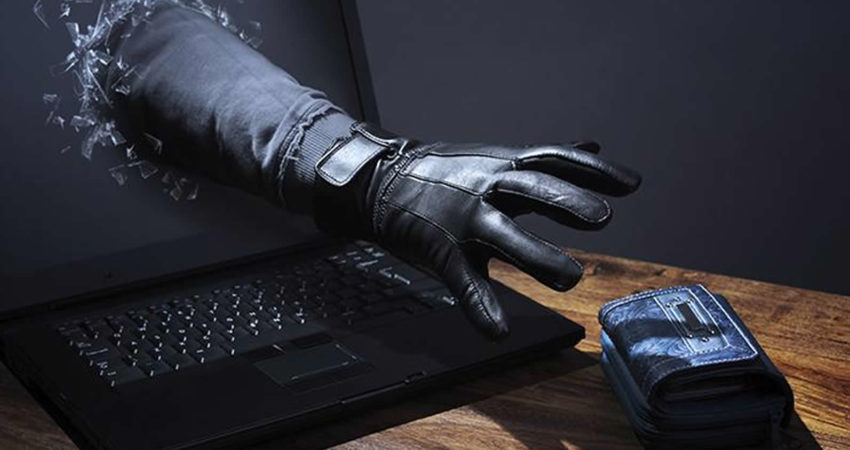You’re revising your credit card statement and see a transaction you don’t recognize. First, identify the source of the error– the bad charge could be due to an error made by you, the credit card company, or the merchant. Alternatively, the charge could have been made by a third party, indicating fraud or identity theft. Make sure it wasn’t made by a joint account holder or other authorized card user.
Some common types of unauthorized credit card charges:
- Charges you didn’t make, i.e. fraud or identity theft.
- Charges of the wrong amount, processing errors or duplicate billing.
- Charges for products or services you never received, or that arrived damaged.
- Failure to reflect payments or credits to an account.
- Account charged after service has been cancelled.
If a merchant made the error, contact them first. For other types of unauthorized charges, or if the merchant refuses to correct the charge, immediately call the card issuer. If the transaction was fraudulent, request a new card with different numbers. For merchant errors, the credit card company will investigate and dispute the charge. The credit card company will give you a chargeback for the amount you were mistakenly charged, and the merchant may have to pay a fee.
Don’t stress out– if you act quickly, you will most likely not be liable for any charges due to merchant errors or fraudsters. According to the Fair Credit Billing Act (FCBA), incorrect charges must be reported within 60 days of the date that the statement containing the incorrect charge was mailed. Credit card users cannot be liable for more than $50 in fraudulent charges– and cannot be liable for anything if the card was reported stolen before charges were made. Regardless, most credit card issuers maintain a zero-liability policy for fraud and many people report simple, favorable outcomes.
Under the FCBA, consumers must notify their credit card company by mail, by sending a description of the incorrect charge to the billing inquiries department (and not the payment department, for example). A phone call to your card issuer isn’t sufficient to receive protection by the FCBA, so it’s best to follow up your phone call with a letter. You may also file a police report and notify credit bureaus to put a fraud notice on your credit report. If your credit card issuer will not resolve the dispute, you can submit a complaint to the Consumer Finance Protection Bureau.
Remember to document everything during the process. Write down times and dates of phone calls and letters, as well as the names of representatives you spoke with. Follow up by looking at your statements or calling the card issuer to make sure that the charge has been removed. Report all fraudulent charges, no matter of how small they are, because it could be that an outsider is testing your account before making a larger purchase. To help prevent future credit card fraud, protect your personal information and revise your credit card statements often.

